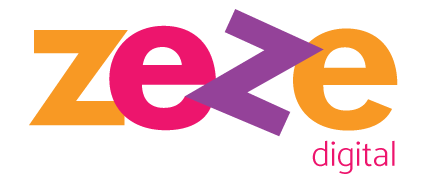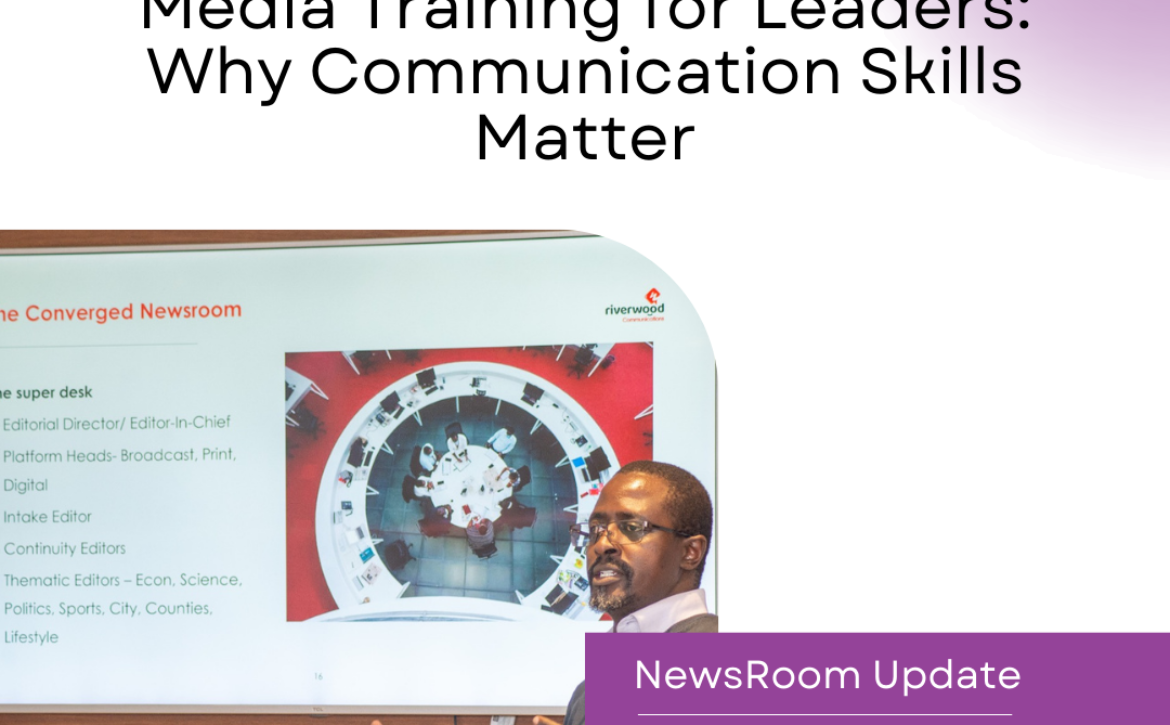Podcasting for Brands and Thought Leaders: The Audio Revolution Reshaping Kenya’s Communications Industry.
Kenya’s podcasting scene has undergone a remarkable transformation, evolving from a niche interest to a powerful communication tool that’s reshaping how brands and thought leaders engage with audiences. In just a few short years, we’ve seen audio content move from the fringes to the mainstream, creating exciting opportunities for corporate communication and personal branding.
The numbers tell an impressive story. With smartphone penetration exceeding 90% and data costs continuing to fall, podcast listenership has surged, particularly among Kenya’s tech-savvy youth and urban professionals. What began as experimental content from early adopters has blossomed into a vibrant ecosystem of shows spanning business, comedy, politics, and social issues. The pandemic served as an unexpected accelerator, proving that Kenyans crave authentic, long-form conversations they can consume on their own schedules.
For forward-thinking brands and executives, this audio revolution presents a golden opportunity. Podcasting offers something traditional media often can’t – an unfiltered, intimate channel to connect with target audiences. When a CEO shares insights on a popular business podcast or a brand launches its own show, they’re not just broadcasting messages; they’re building credibility and humanizing their organization in ways that resonate deeply with modern consumers.
The most successful corporate players are already adapting their strategies. Some sponsor established podcasts that align with their values, while others create original content that positions them as industry leaders. Financial institutions discuss economic trends, tech companies explore innovation, and NGOs tackle social issues – all through the personal, engaging medium of podcasting.
Looking ahead, the potential is even more exciting. Emerging technologies like AI personalization will allow for more targeted content delivery, while live interactive formats will enable real-time audience engagement. The growth of vernacular podcasts in Swahili and Sheng is opening doors to previously underserved markets. Savvy brands are recognizing that podcast clips make highly shareable social media content, extending their reach even further.
For Kenyan businesses and professionals aiming to strengthen their market position, the message is clear: podcasting has moved from optional to essential. Whether through creating original content, making strategic guest appearances, or sponsoring relevant shows, audio platforms offer an unmatched combination of authenticity and influence. In today’s crowded media landscape, the brands and leaders who harness the power of podcasting will be the ones whose voices rise above the noise and truly connect with their audiences.










